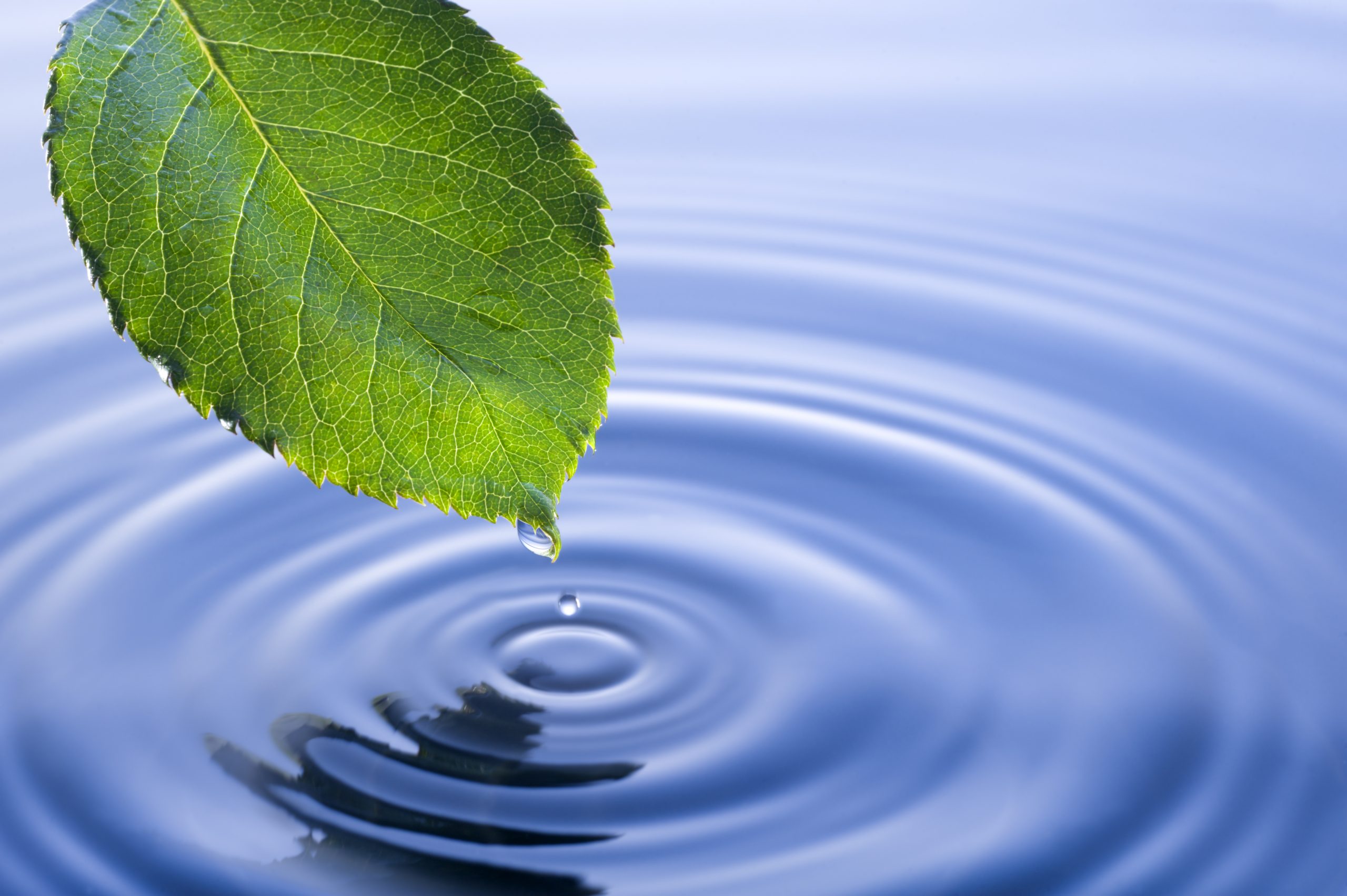
Water does some amazing things for the human body. Some of those include lubricating moving surfaces such as your joints, heart and intestines; diluting pollution and contaminants in your body;
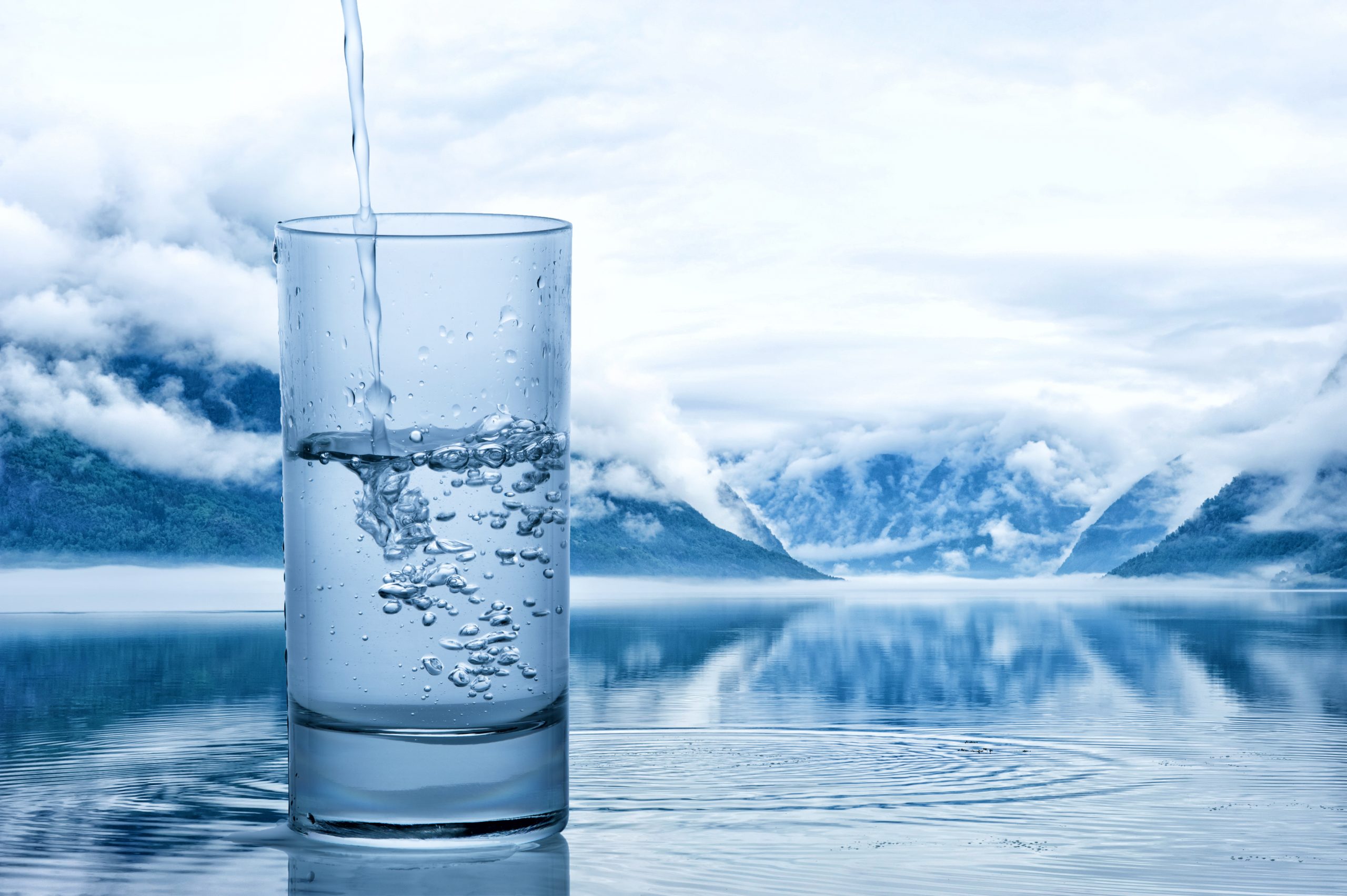

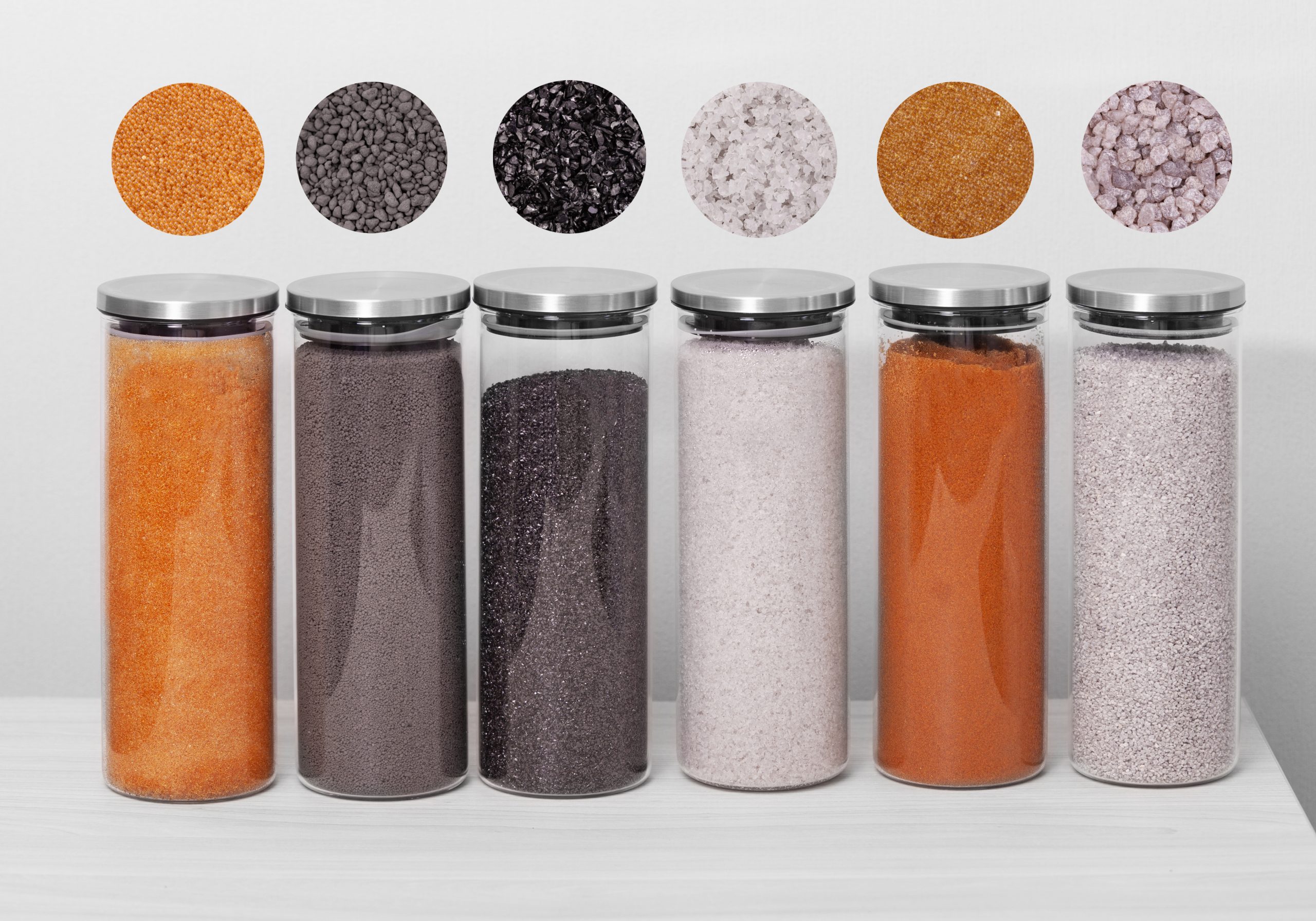
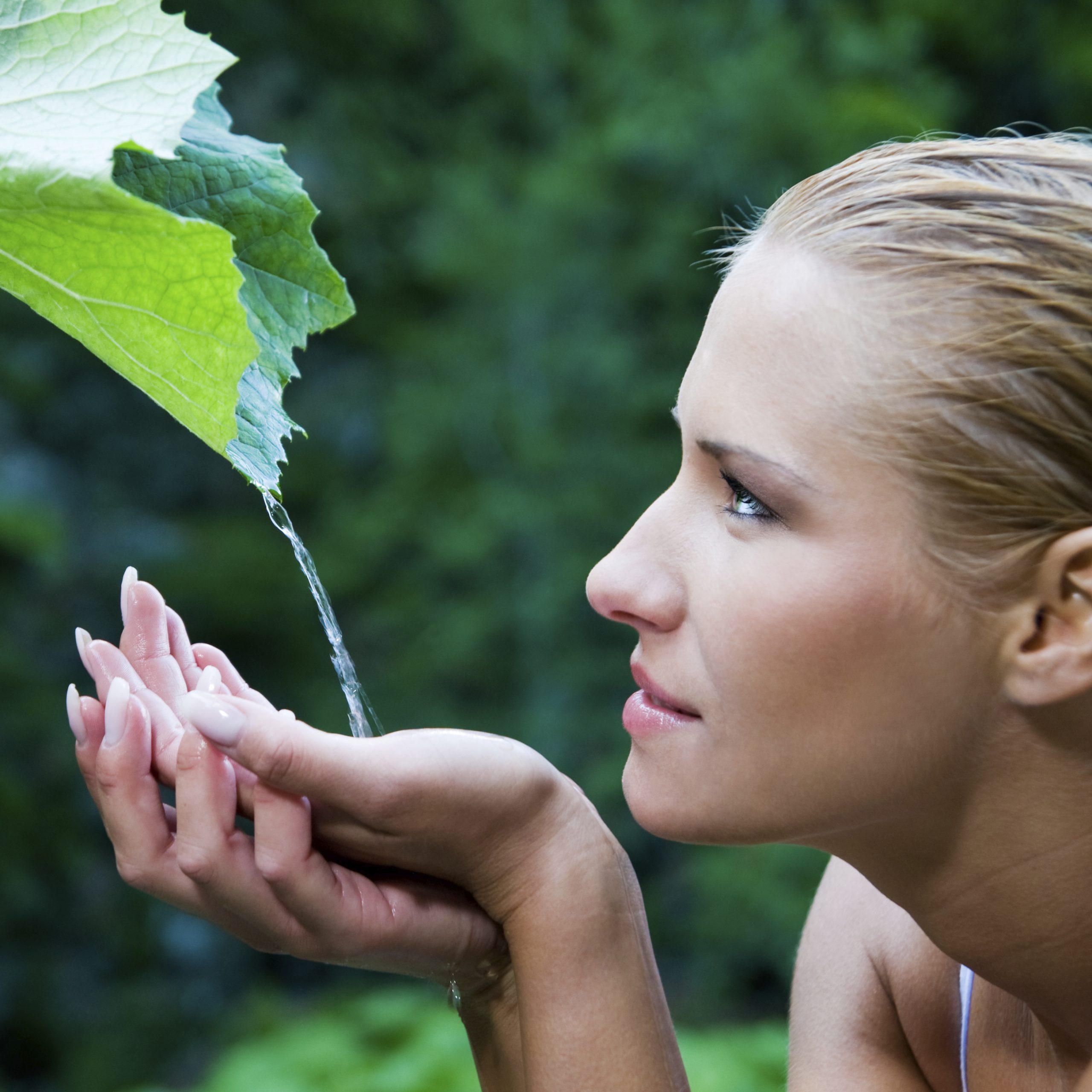
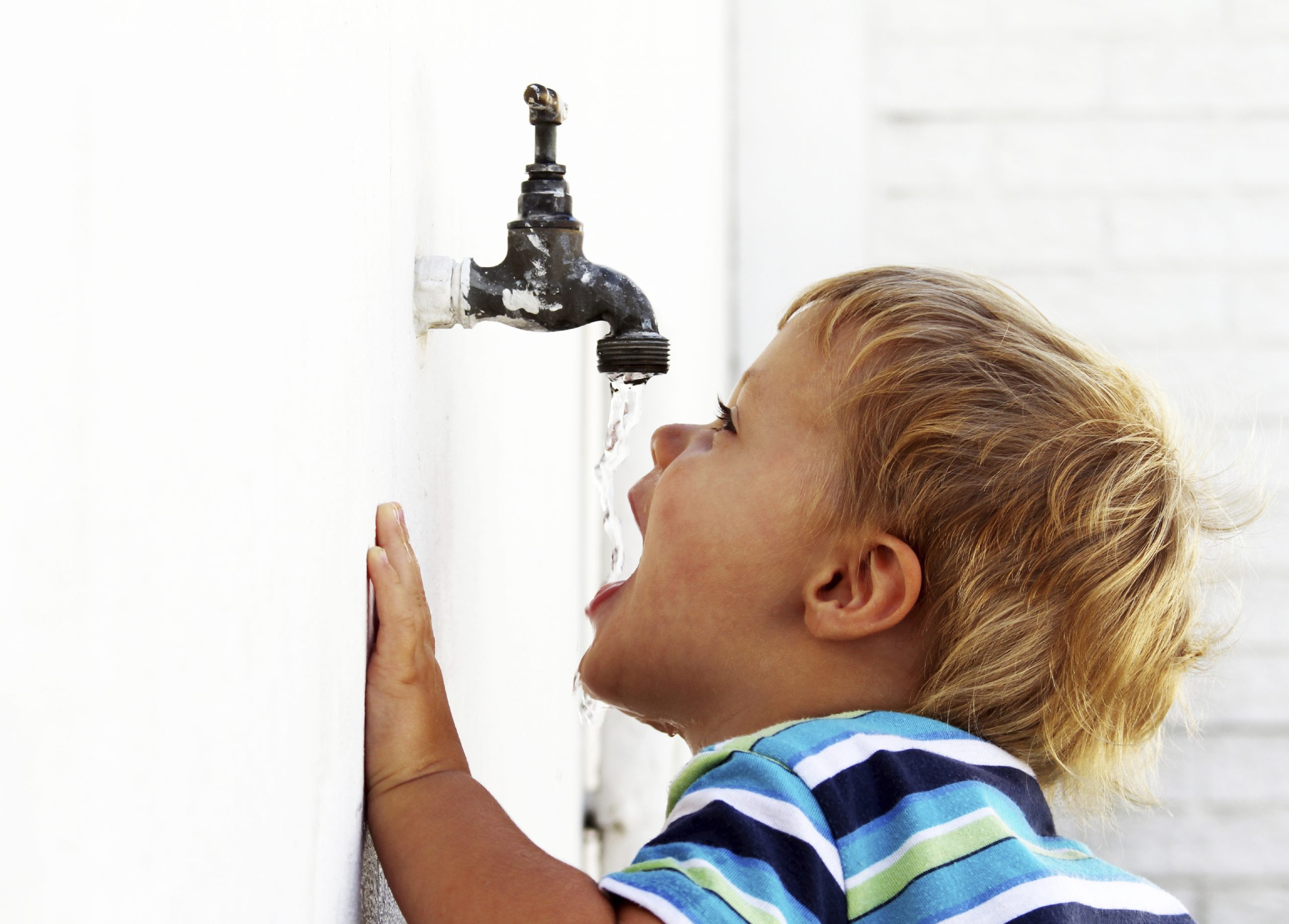
Hard water is the most common problem found in the average home. Hard water is water that contains dissolved minerals such as calcium and magnesium. Hard water contains dissolved hardness minerals above 1 grain per gallon (GPG).
How does hard water affect me?
Hard water has been the cause of many problems in the household. Some of these problems are: bathtub rings, hard water spots, clogged pipes, shortened life span of appliances, and possible skin issues.
Water Softeners and water systems should be cleaned on a regular interval to insure optimal performance and high water quality. This interval is usually based on water hardness and the volume of water used on microbiologically safe water. The table below illustrates these regular intervals: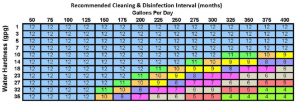
Reverse Osmosis, a water treatment method traditionally known for removing salt from seawater, is also used to purify drinking water by forcing untreated water molecules through a semi-permeable membrane or filter. The membrane blocks contaminants and the impurities are subsequently expelled from the environment. The result is pure, clean drinking water
What kind of contaminates does Reverse Osmosis (RO) remove?
It is important to educate yourself carefully when choosing an RO system. There are many reverse osmosis systems on the market. They vary in size, quality, quality of water produced, volume of water produced, and the percentage of contaminants removed. All RO’s should be installed on microbiologically safe water for best performance. Intermountain’s RO’s will significantly reduce levels of Arsenic III, Barium, Lead, Chromium III and VI, Fluoride, Total Dissolved Solids, Cysts, Nitrates and Nitrites, Selenium, Radium, Lead, Copper, Etc.
What does Pur-gard™ do?
Pur-gard™ leaves a protective coating on metallic moving parts, cleans and lubricates all moving components, creates an unhealthy environment for bacteria in the system, and cleans ion-exchange resins without damaging the structured matrix.
What if I don’t put Pur-gard™ in my system?
Pur-gard™ helps the softener run at optimal performance. If you do not use Pur-gard™, your water softener may not run at its optimal best and its life expectancy maybe shortened. Just like brushing your teeth every day, this advanced technology maintains a good baseline of protection between detailed cleaning visits.
Can all water softeners use Pur-gard™?
Yes, all water softeners will use Pur-gard™. There are many cleaners on the market, but Pur-Gard was formulated and designed to not only clean, but minimize bacterial contamination between maintenance visits (see ‘What does Pur-Gard™ do?’). If your water softener does not have a Pur-Gard™ reservoir please visit our store and ask one of our friendly water consultants for a free reservoir.
Simple Solutions to Complex Water Problems – Since 1966
For nearly 50 years, Intermountain Soft Water has been producing and selling products that are engineered and manufactured to the highest quality standards. Water in the Intermountain West is 3 – 5 times harder than the national average. This can pose serious problems for water systems that are mass-produced for the lowest national averages. When designing a residential water system, Intermountain takes into consideration many variables that can negatively affect efficiency, performance and reliability. These include high water hardness, high water pressure, low water temperature, chlorine and chloramines, heavy metals, heterotrophic plate counts (known as HPC’s), etc. When purchasing a water system from Intermountain Soft Water you can be rest assured it will not only be of the highest quality, but it will be well affordable.